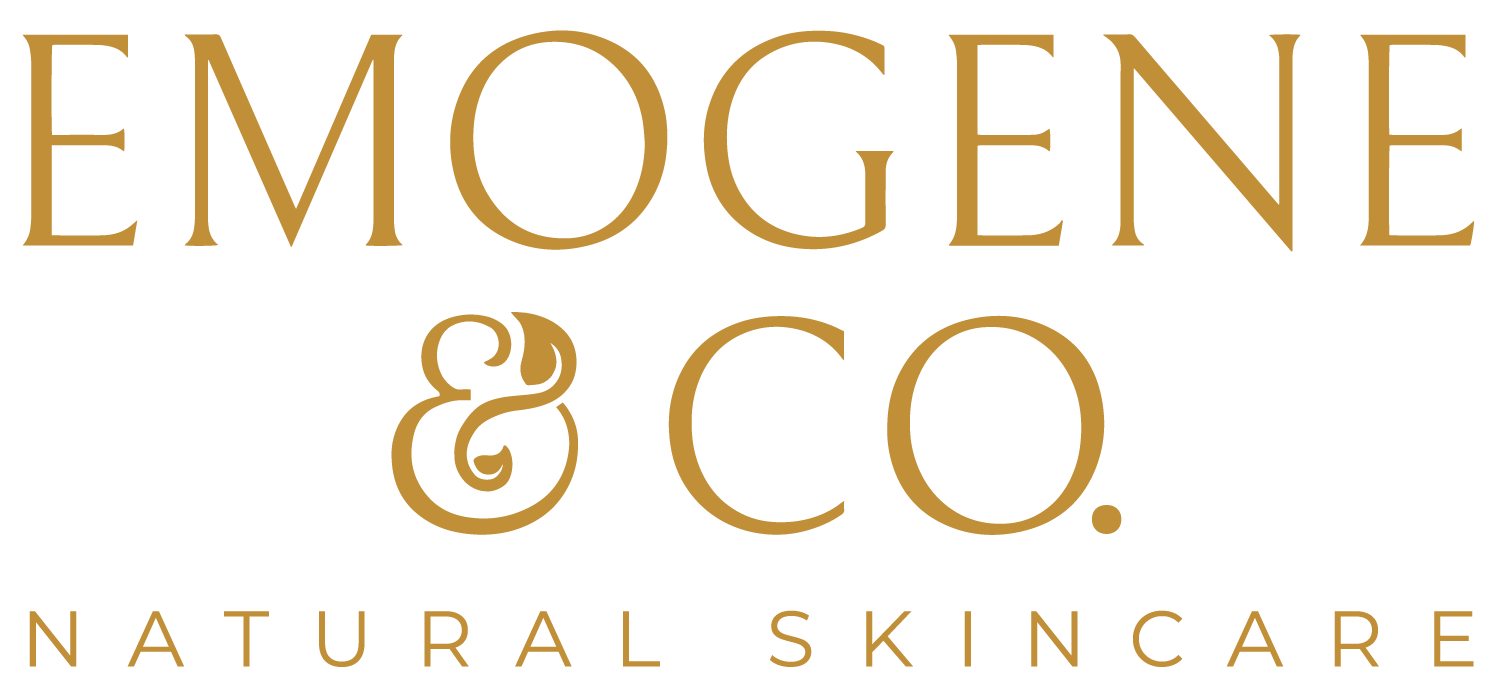The terms "natural," "clean," and "green" are often used in the skincare industry to describe products that prioritize certain characteristics, but there is actually no FDA definition for what “natural cosmetics” really means, which leaves room for interpretation. In general, here’s what each of them imply
- Natural: When a skincare product is labeled as "natural," it generally means that it contains ingredients derived from natural sources, such as plants, minerals, or animals. These products aim to avoid synthetic or artificial ingredients and may prioritize using organic or sustainable materials. However, because the term "natural" is not regulated or defined by any governing body, it's essential to read the ingredient list and verify the claims made by the brand. We recommend checking out their website, and a good rule of thumb is that if you can’t find a transparent ingredients list, there’s probably some things you wouldn’t love to see on it.
- Clean: The term "clean" in skincare refers to products that are formulated without potentially harmful or toxic ingredients. Clean skincare aims to avoid harsh chemicals, artificial fragrances, parabens, sulfates, phthalates, and other potentially harmful substances. However, similar to "natural," the term "clean" lacks a universal definition or regulation, so it's crucial to review the ingredient list to ensure the product aligns with your preferences.
- Green: "Green" skincare typically emphasizes environmental consciousness and sustainability. These products often focus on eco-friendly packaging, ethical sourcing of ingredients, and minimizing their carbon footprint. Green skincare brands may prioritize cruelty-free or vegan formulations, use renewable energy in production, or support social and environmental initiatives. Again, "green" does not have a standardized definition, so it's advisable to research individual brands to determine their specific sustainability practices.
When it comes to which of these labels is “best”, there’s no right answer, it ultimately depends on your personal values, preferences, and priorities. Each label represents different aspects of skincare products and may resonate differently with individuals. Here are a few factors to consider:
- Ingredients: If you prioritize using products with ingredients derived from natural sources, a "natural" label may be important to you. However, keep in mind that not all natural ingredients are necessarily safe or effective, so it's still essential to read the ingredient list.
- Safety: If you are concerned about potentially harmful or toxic ingredients, a "clean" label may be more appealing. Clean skincare products typically aim to avoid certain chemicals that have been linked to health concerns. Again, carefully reviewing the ingredient list is crucial.
- Sustainability: If environmental considerations are a priority for you, a "green" label may be more relevant. Green skincare brands often emphasize eco-friendly practices, sustainable sourcing, and reduced environmental impact.
Some brands may use multiple labels or have their own unique claims. To make an informed decision, read product labels, research the brand's values and practices, and consider any specific concerns or priorities you have regarding skincare.
To read full ingredient lists for all of our products, as well as find more information about our practices, you can head to our product pages on our website. Have questions? Drop them below!




